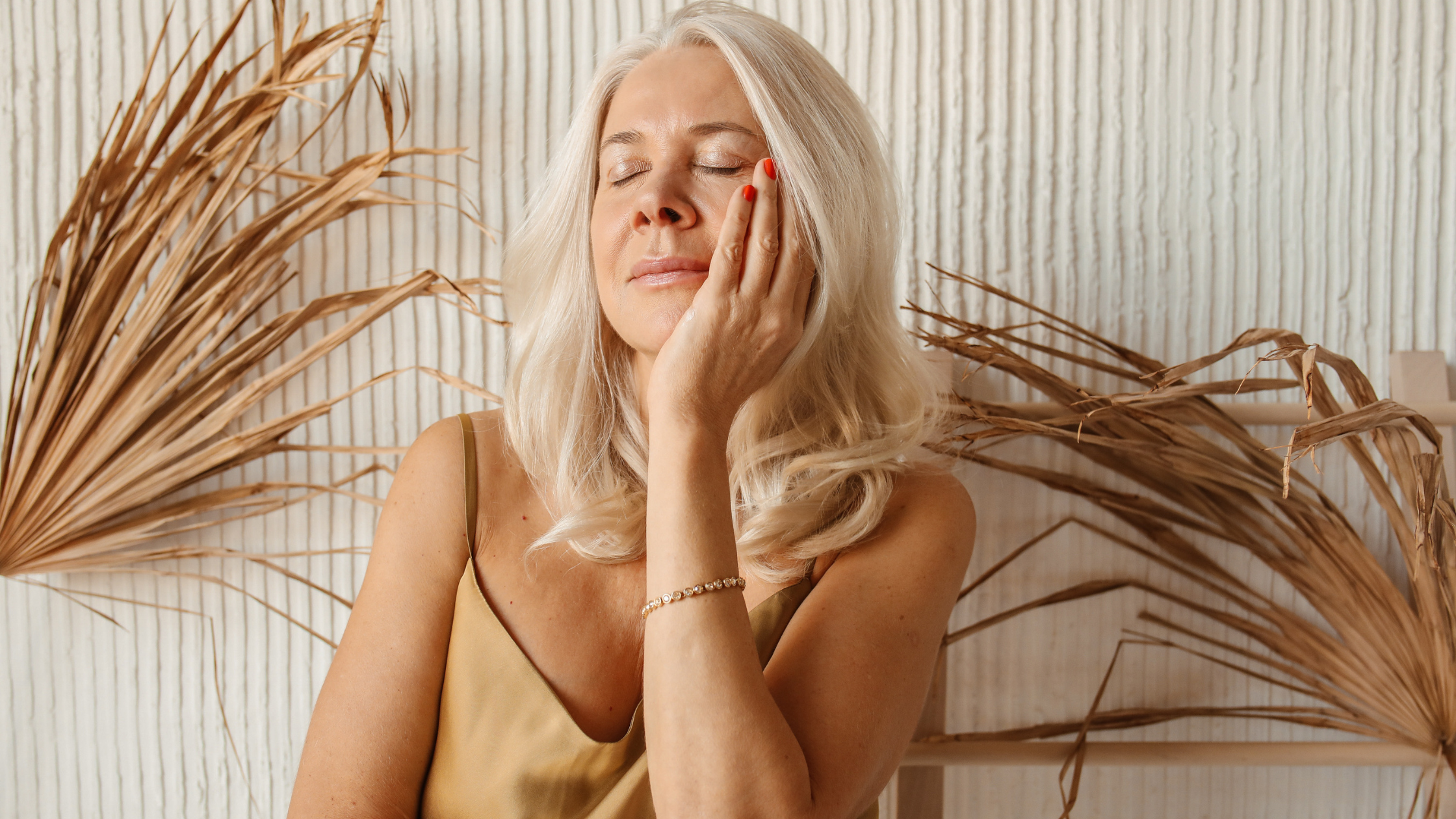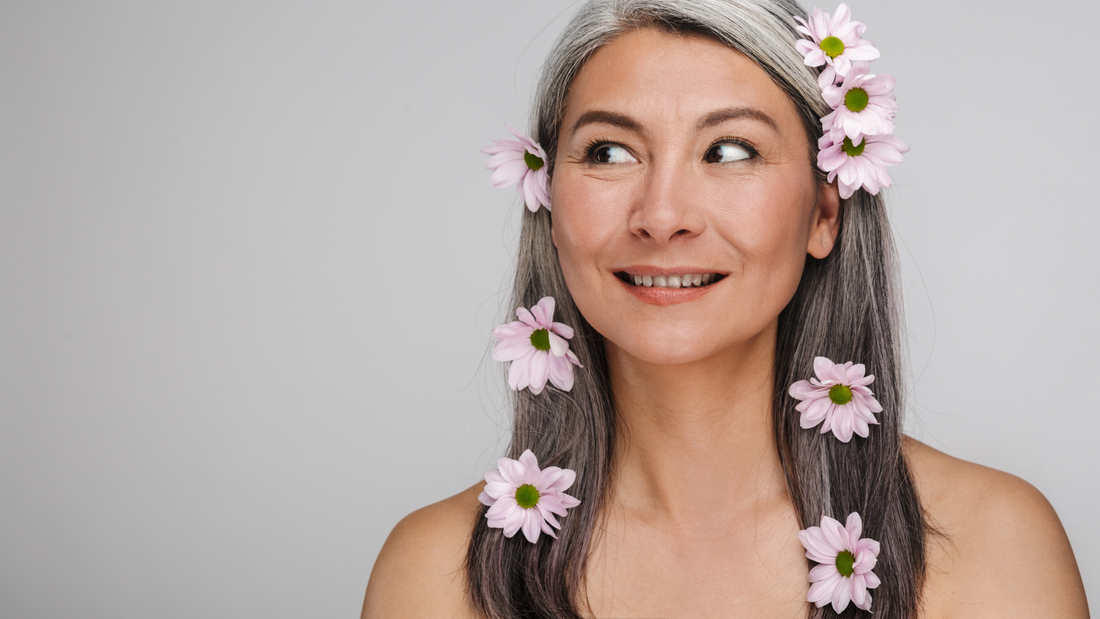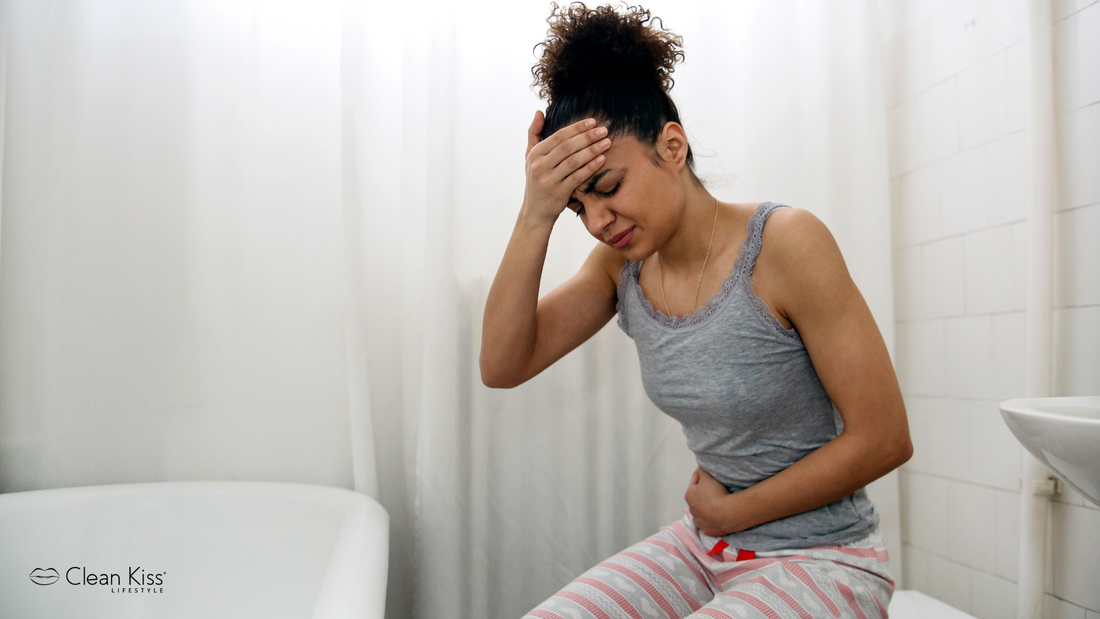As we age, many of us begin to notice changes in our skin. For women in menopause, one of the most common concerns is dry, thinning, or dull skin. If you’re experiencing these shifts, you’re not alone—skin dryness during menopause is a natural occurrence, though it can be frustrating. But why does this happen, and what can you do to combat it? Let’s dive into the causes and solutions for menopausal dry skin.
Why Does Your Skin Get Drier in Menopause?
During menopause, the body goes through significant hormonal changes, particularly a decrease in estrogen levels. Estrogen plays a crucial role in maintaining healthy skin by promoting moisture retention, elasticity, and collagen production. When estrogen levels drop, the following changes in the skin can occur:
- Reduced Oil Production: Sebum, the natural oil your skin produces to keep it moisturized and supple, decreases. This results in drier skin that is more prone to irritation and flakiness.
- Thinner Skin: Estrogen is essential for collagen production, which gives skin its firmness and plumpness. A drop in estrogen leads to thinner, less resilient skin, which can exacerbate dryness.
- Decreased Skin Elasticity: With lower estrogen comes less elastin, another important protein that helps skin bounce back. This means skin can feel tighter and less smooth.
- Weakened Skin Barrier: The outer layer of your skin, known as the epidermal barrier, is crucial for retaining moisture. In menopause, this barrier becomes less effective, allowing more water to escape from the skin and making it harder for the skin to stay hydrated.
Fixing Menopausal Dry Skin: Simple, Effective Solutions
The good news is that with a few changes to your skincare routine and lifestyle, you can help restore moisture to your skin and bring back its glow. Here’s how:
1. Switch to a Richer Moisturizer
As your skin becomes drier, it’s time to upgrade your moisturizer to one that's rich in hydrating ingredients. Look for moisturizers containing:
- Natural oils like jojoba (closest to our body's natural sebum), argan, or avocado oil to nourish facial and body skin deeply.
- Natural butters like mango seed butter or avocado seed butter to nourish the facial skin more deeply and effectively, in daytime creams and while you sleep too.
- Your legs, arms, belly and buttox also need these rich oils and butters such as shea butter, castor oil, sweet almond oil and coconut oil to nourish all those sweet spots and to stop itchy, dry skin before it starts with a rich body butter or body oil.
Apply your moisturizer on damp skin right after cleansing to lock in hydration.
2. Avoid Harsh Cleansers
Foaming or harsh cleansers can strip the skin of natural oils, worsening dryness. Opt for a gentle, hydrating cleanser that cleanses without stripping essential moisture. Cream-based or oil-based cleansers are excellent options for menopausal skin.
3. Exfoliate, But Gently
Exfoliating helps remove dead skin cells and allows your moisturizer to penetrate better. However, over-exfoliating or using harsh scrubs can damage your skin barrier. Use gentle exfoliants like ground apricot seed kernels or cane sugar once or twice a week to keep your skin smooth without irritating it.
Using a detox face mask once a week is also a special treat we should all be giving ourselves weekly to allow a brighter, smoother, healthier complexion to shine through. You can also see our recipes for different skin needs here.
4. Hydrate & Heal from Within
Drinking plenty of water is crucial, but you can also improve skin hydration through your diet. Incorporate omega-3 fatty acids from foods like flaxseeds, chia seeds, hemp hearts and salmon, which support skin health by reinforcing the skin’s barrier and helping retain moisture.
You can also supplement with Omega-3 Fatty Acids through fish oils containing EPA and DHA. These are anti-inflammatory and thus promote healthy, glowing skin and help with cardiovascular issues and overall health too.
5. Consider Menopause Hormone Therapy (MHT)
For some women, menopause hormone therapy (MHT) can help alleviate skin dryness by replenishing estrogen levels. While MHT is not for everyone, it’s worth discussing with your healthcare provider if you’re experiencing severe menopausal symptoms, including dry skin.
6. Use a Humidifier
If you live in a dry climate or spend a lot of time in air-conditioned environments, a humidifier can be a game-changer. Adding moisture to the air can help prevent your skin from losing hydration, especially overnight while you sleep.
7. Sun Protection Is Key
Menopausal skin is more prone to sun damage due to its thinning and weakened barrier. Always apply broad-spectrum SPF 30+ sunscreen daily, even on cloudy days, to protect your skin from further damage and prevent dehydration caused by UV exposure.
8. Incorporate a Serum
A hydrating serum, particularly one with hyaluronic acid or rich natural oils, can be a great addition to your skincare routine. Serums are lightweight but packed with active ingredients like Vitamin C + Hyaluronic acid serum or Rosehip Seed + Vitamin E oil that target moisture loss and boost hydration at a deeper level.
Final Thoughts
Menopause may bring unwelcome skin changes, but with the right skincare rituals and lifestyle tweaks, you can manage dryness and maintain healthy, glowing skin. By staying hydrated, using products tailored to your skin’s changing needs, and protecting your skin from environmental damage, you can keep it looking its best through every phase of life.
Ready to revamp your skincare routine? Explore our collection of natural, hydrating skincare products designed to nourish and support menopausal skin at Clean Kiss Lifestyle.









